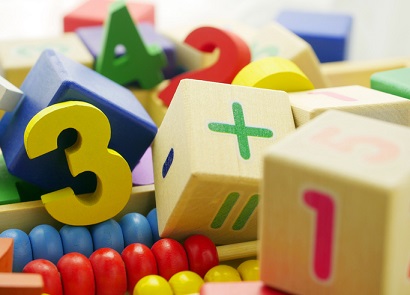
New research shows that students perform better on tests when teachers face down their math demons.
According to researchers from Stanford University, the idea that some people are ‘math people’ and others are not is a “myth that pervades Western society”.
Jo Boaler, a professor of math education at Stanford University, said this damaging idea has been challenged in recent years by neuroscience showing that mathematics is a subject, like all others, that is learned through hard work and practice.
“As teachers reevaluate their own potential as learners, they are more likely to embrace new forms of teaching,” Professor Boaler said.
This report drew from a blended professional learning model of online and in-person meetings during which 40 teachers in 8 school districts in California challenged the “math person” myth.
Using mixed methods, Professor Boaler and her team conducted a one-year study to investigate teacher and student learning.
“We collected data on teacher and student beliefs, teacher instructional practice, and student learning gains on state achievement tests,” Professor Boaler said.
“The results from our quantitative analyses found statistically significant positive improvements in student beliefs, teacher’s instructional practice, and on students’ math test scores.”
Professor Boaler said the study’s ‘mathematics mindset’ approach particularly raised the achievement of girls, English learners, and economically disadvantaged students.
Based on her team’s qualitative analysis, Professor Boaler proposes that the success of the intervention rests upon two central factors: The different forms of PD served to eradicate the learning myths that had held up teachers and learners; and that teachers had space for identity work as mathematical learners.
Boaler said one of her favorite moments came when a principal from one of the schools in the study told her that his teachers used to rush through math time to get through it quickly.
Now they sit around into the evening discussing cool visual math problems. Kayla, a teacher, has this to say, according to the study:
“I thought it was going to be great for the kids, I never expected it to change me, that’s been my greatest revelation in all of it.”
Related stories:
How to help students harness their creative power
Does school autonomy do more harm than good?


